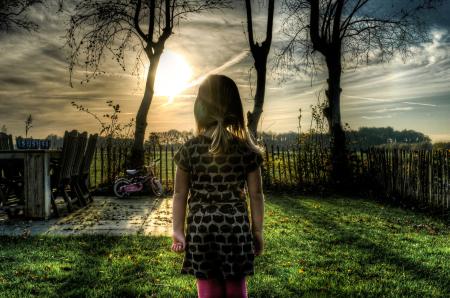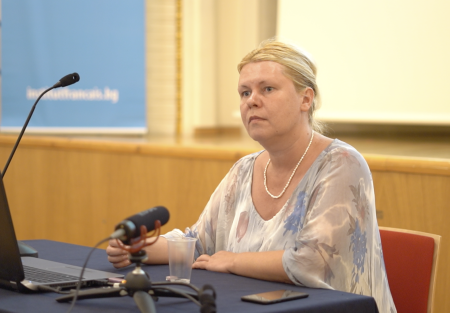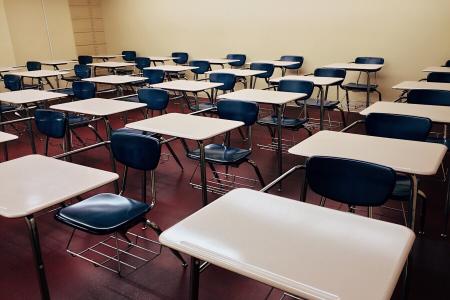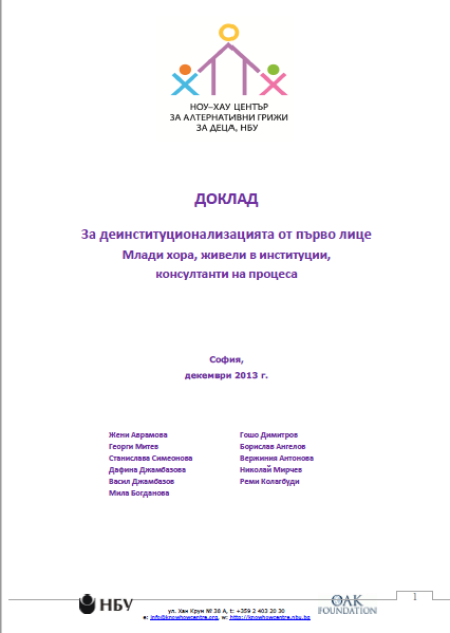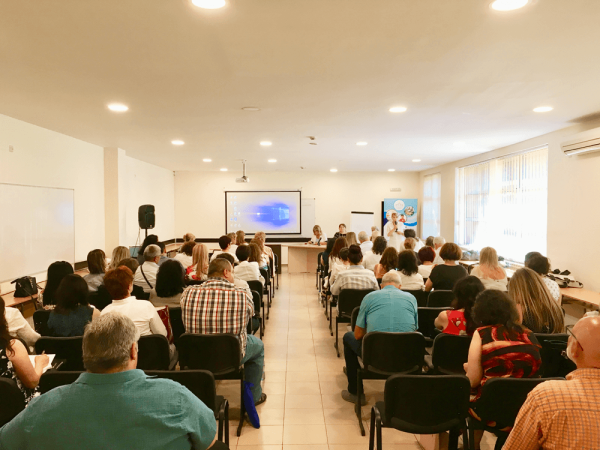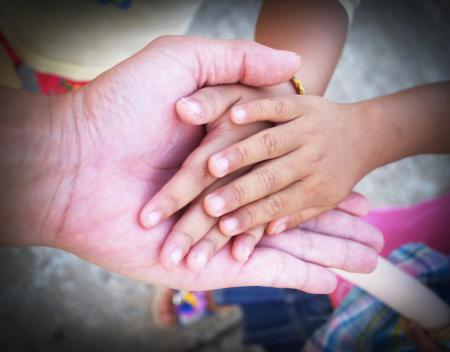
The Know-How Centre for the Alternative Care for Chilren, New Bulgarian University, have taken a serious step towards achieving a multidisciplinary approach to working with children at risk: they have created a "Tool for Integrated Assessment of the Needs of Children at Risk".
With the financial support of the OAK Foundation and in partnership with the Ministry of Education and Science, the team of the Know How Center for the Alternative Care for Chilren, NBU, developed an integrated assessment tool for the needs of children at risk.
The process has included an investigation of practices and opportunities for introducing an integrated assessment of children's needs. Focus groups have been conducted, using the experience of more than 50 professionals from the three spheres - social, educational and healthcare systems - and 10 children and young people who were involved in the process.
The tool has been consulted by experts and lecturers of the New Bulgarian University.
"The main objective of the integrated assessment is to provide a holistic approach and mobilize the resources of the social, educational and health systems for a timely and coordinated intervention in case of various difficulties and risks which the child experiences and which have been identified as soon as possible."
Valentina Simeonova, Project Manager, Know-How Center for the Alternative Care for Children, NBU
The assessment requires a multidisciplinary approach to provide an intervention before the child becomes perceived as a "case" of the social system. To avoid stigmatization, the assessment requires a minimal amount of information that minimizes interference in the life of the child and his family. At the same time, it aims at taking clear commitments from the professionals of the three systems of coordinated child support.
The assessment provides information on the individual needs and resources of the child in order to achieve its fuller development and social inclusion. In the course of the evaluation, the main factors and deficits are examined as well as the positive resources are being discussed and activities and measures are proposed which would provide care and conditions favorable to the optimal development of each child / student / young person.
The professionals in charge of the assessment of the needs and resources are those who have identified the child's risk - this may be school, if the risk is in a school environment, or the Child Protection department or service, if the alert for the child's risk is sent to them.
The assessment begins when there is agreement within the team that there is a risk for the child and that it is absolutely necessary.
The lead assessment team requires additional information on the child from the remaining discpilines by completing the evaluation maps developed in the integrated tool and by calling multidisciplinary team meetings summarizing information about the child and planning common actions in an action plan.
The child participates in the evaluation and individual planning activities and his / her participation is voluntary and informed. The team explains the steps and activities in which the child participates and encourages independent decision-making that relates to the child.
By the end of March 2019, the Tool for Integrated Assessment for the Needs of a Child at Risk will be approbated. The Bulgarian Ministry of Education and Science will assist in the practical implementation done by the teams engaged with children who are droppping out of school.
The approbation will include schools from Sofia city; Sofia - province and the province of Pernik. This process will also actively involve the Department of Child Protection as well as personal doctors and health authorities.
For more information, please contact Valentina Simeonova, project manager at the Know-How Center: simeonova.consult@gmail.com.



